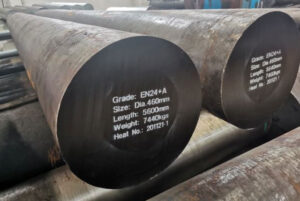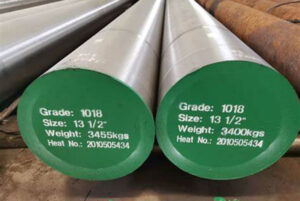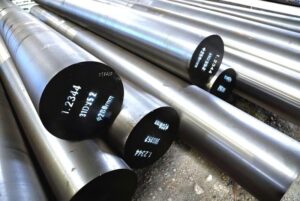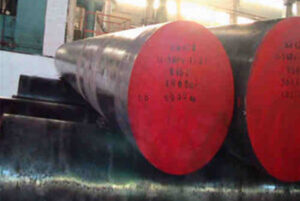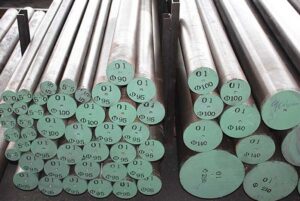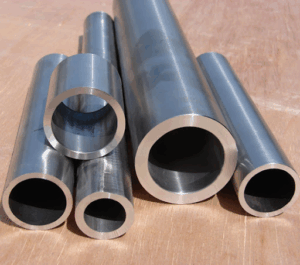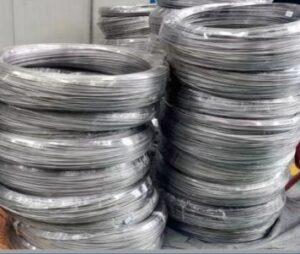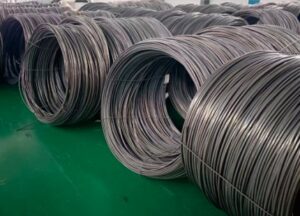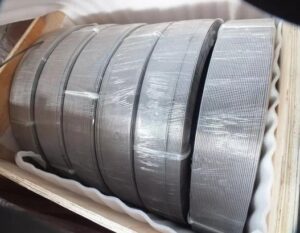In the heart of every smoothly operating machine, there lies a silent hero: the bearing. These unsung components endure immense pressure and friction, enabling the seamless rotation of shafts and wheels. But not just any steel can handle such demanding tasks. Enter EN31 bearing steel, a specially formulated material that stands as the cornerstone of countless industrial applications.
the Essence of EN31 Bearing Steel
EN31 steel belongs to a class of high-carbon, chromium steel alloys specifically designed for exceptional performance in rolling contact bearings. Its composition, meticulously crafted to achieve a balance of strength, toughness, and wear resistance, makes it a reliable choice for critical components across various industries.
Here’s a table summarizing the key characteristics of EN31 bearing steel:
| Property | Description |
|---|---|
| Classification | High-carbon, chromium steel |
| Key Use | Rolling contact bearings |
| Strength | High |
| Toughness | Good |
| Wear Resistance | Excellent |
| Machinability | Moderate |
| Weldability | Poor (not recommended) |
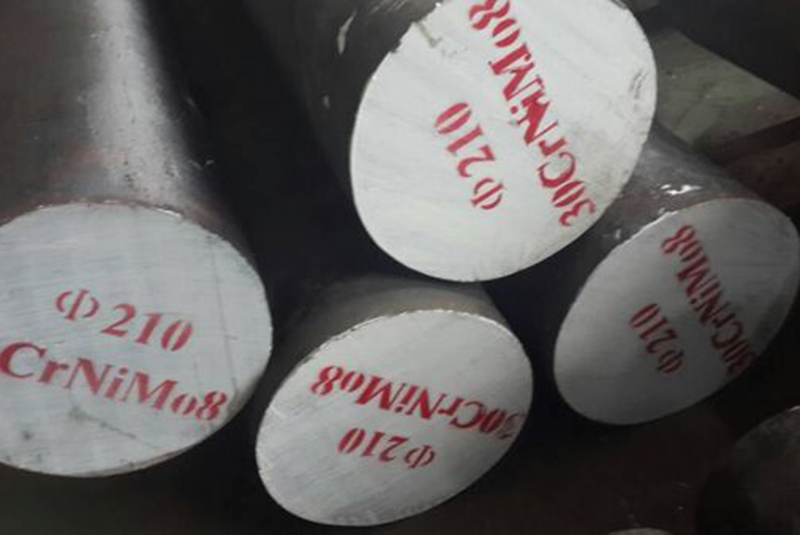
the Composition: The Building Blocks of Strength
The exceptional properties of EN31 steel stem from its carefully balanced composition. Let’s delve deeper into the elements that make it tick:
- Carbon (C): The primary contributor to strength and hardness in steel. In EN31, the carbon content typically falls between 0.9% and 1.15%, creating a robust foundation for bearing performance.
- Chromium (Cr): This element plays a crucial role in enhancing hardenability and wear resistance. Chromium forms chromium carbides during heat treatment, microscopic particles that disperse throughout the steel matrix, acting as a shield against wear and tear.
- Manganese (Mn): An essential element for improving hardenability and grain refinement. Manganese helps ensure a more uniform microstructure, contributing to overall strength and toughness.
- Silicon (Si): Silicon, present in small quantities, aids in deoxidation and grain refinement, further enhancing the steel’s mechanical properties.
- Sulfur (S) and Phosphorus (P): These elements are kept to a minimum as they can have detrimental effects on machinability and toughness.
Different Metal Powder Models of EN31 Steel
The world of EN31 steel encompasses a variety of metal powder models, each with slight variations in composition and properties tailored for specific applications. Here are ten prominent examples:
- EN31B: A carburizing grade with slightly lower carbon content (0.8% – 1.0%) compared to standard EN31. This modification improves machinability while maintaining good core strength after carburizing and hardening.
- EN31M: This variant boasts a slightly higher molybdenum (Mo) content compared to standard EN31. Molybdenum contributes to improved hardenability and high-temperature strength, making it suitable for bearings operating under demanding conditions.
- EN31S: This grade features a small addition of sulfur (S) to enhance machinability. However, the increased sulfur content may slightly reduce its impact toughness, so careful consideration is required during application selection.
- Nitrided EN31: This variant undergoes a nitriding surface treatment, which diffuses nitrogen into the steel’s surface layer. Nitriding creates an exceptionally hard and wear-resistant case, ideal for bearings subjected to high contact stresses and abrasive environments.
- Vacuum Degased EN31: In this variation, the molten steel undergoes a vacuum degassing process to remove dissolved gases like hydrogen. This enhances the steel’s cleanliness and reduces the risk of internal defects, leading to improved fatigue strength and bearing performance.
- Boron EN31: The introduction of a small amount of boron (B) to the steel refines the grain structure and improves hardenability. This modification can be beneficial for achieving deeper case hardening and enhanced wear resistance.
- Cleaned EN31: This grade undergoes a special cleaning process to minimize the presence of non-metallic inclusions within the steel. Reduced inclusions lead to improved fatigue life and overall bearing reliability.
- Copper EN31: A small copper (Cu) addition can improve the machinability of EN31 steel while maintaining its core properties. This variant finds applications where good machinability is crucial for complex bearing geometries.
- EN32: A close cousin to EN31, EN32 boasts a slightly higher carbon content (1.0% – 1.2%) for applications demanding even greater strength and wear resistance. However, its slightly lower machinability needs to be considered.
- EN36: This variant offers a higher chromium content (1.2% – 1.5%) compared to standard EN31. The increased chromium translates to enhanced wear resistance and corrosion protection, making it suitable for bearings operating in harsh environments or those exposed to moisture.
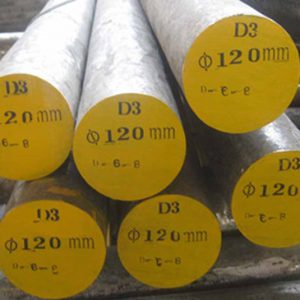
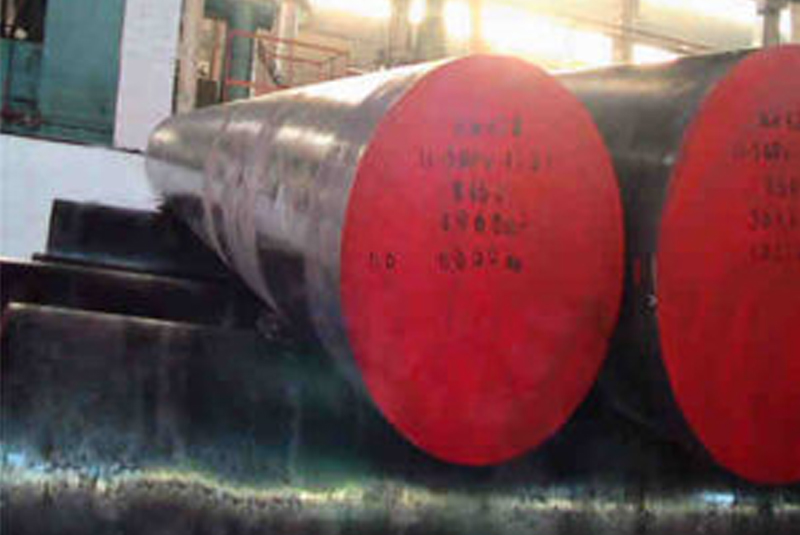
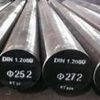
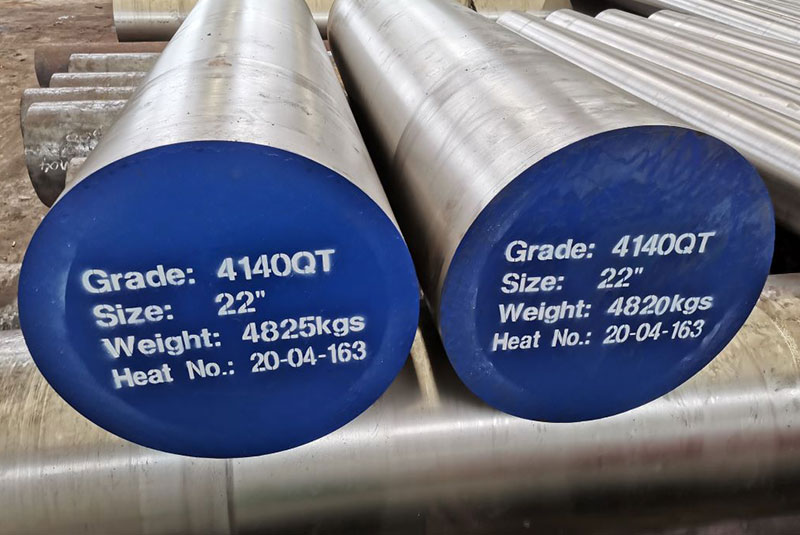
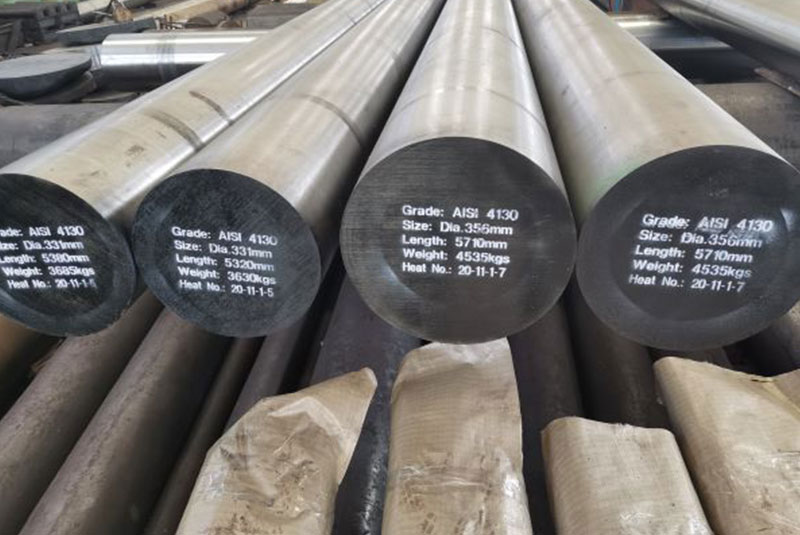
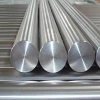
the Applications: Where EN31 Steel Shines
EN31 steel finds itself at the heart of numerous critical applications due to its exceptional combination of strength, toughness, and wear resistance. Here’s a glimpse into some of its prominent uses:
| Application | Description |
|---|---|
| Rolling Contact Bearings | The primary domain of EN31 steel. It’s used in a wide variety of bearings, including: * Ball bearings * Roller bearings * Needle bearings * Thrust bearings These bearings find application in countless industries, from automotive and aerospace to power generation and construction. |
| Gears and Sprockets | EN31 steel’s ability to withstand high contact stresses makes it suitable for gears and sprockets in transmissions, gearboxes, and other power transmission systems. |
| Bushings and Wear Plates | Components subjected to high wear and tear, such as bushings and wear plates, benefit from the exceptional wear resistance of EN31 steel. |
| Shafts and Spindles | Shafts and spindles that experience significant loads and require good fatigue strength can be manufactured from EN31 steel. |
| Cutting Tools | While not as common as dedicated tool steels, EN31 can be used for certain cutting tools where moderate wear resistance and good toughness are desired. |
Understanding the Specifications
Choosing the right grade of EN31 steel for a specific application is crucial for optimal performance. Here’s a table outlining some key specifications to consider:
| Specification | Description |
|---|---|
| Grades | EN31, EN31B, EN31M, EN31S, etc. (as mentioned previously) |
| Standards | EN 10027-2 (European Standard), ASTM 52100 (American Standard), JIS G4152 (Japanese Standard) |
| Forms | Bars, rounds, flats, tubes |
| Sizes | Wide range of diameters and thicknesses depending on the supplier |
| Surface Finish | Hot rolled, cold drawn, ground |
| Heat Treatment | Typically supplied in an annealed condition and requires hardening and tempering for final properties |
the Pros and Cons of EN31 Steel
Like any material, EN31 steel has its own set of advantages and limitations. Here’s a breakdown to help you make an informed decision:
Advantages:
- Exceptional Strength and Toughness: EN31 steel can withstand high loads and stresses without compromising its integrity.
- Superior Wear Resistance: The combination of high carbon content, chromium carbides, and proper heat treatment leads to outstanding wear resistance, crucial for bearings and wear components.
- Good Fatigue Strength: EN31 steel exhibits good resistance to cyclic stresses, making it suitable for applications involving repeated loading and unloading.
- Wide Range of Grades: The availability of various grades with slight variations in composition allows for tailored selection based on specific application requirements.
Disadvantages:
- Moderate Machinability: Compared to some low-carbon steels, EN31 can be more challenging to machine. However, specific grades like EN31B and copper-added variants offer improved machinability.
- Poor Weldability: Welding EN31 steel is not recommended due to the risk of cracking and potential loss of properties in the heat-affected zone.
- Brittle at Low Temperatures: While generally good at operating temperatures, EN31 steel can become more brittle at very low temperatures. Careful selection of alternative materials might be necessary for cryogenic applications.
The Price Factor: Exploring Costs and Suppliers
The cost of EN31 steel can vary depending on several factors, including:
- Grade: Different grades of EN31, like those with additional alloying elements, may command a premium price.
- Form: Bars and rounds are generally less expensive compared to finished shapes like tubes or rings.
- Quantity: Larger purchases often benefit from bulk discounts offered by suppliers.
- Location: Geographic location and market fluctuations can influence the final price.
Here are some resources to help you find reputable suppliers of EN31 steel:
- Online metal marketplaces
- Steel distributor websites
- Industrial directories
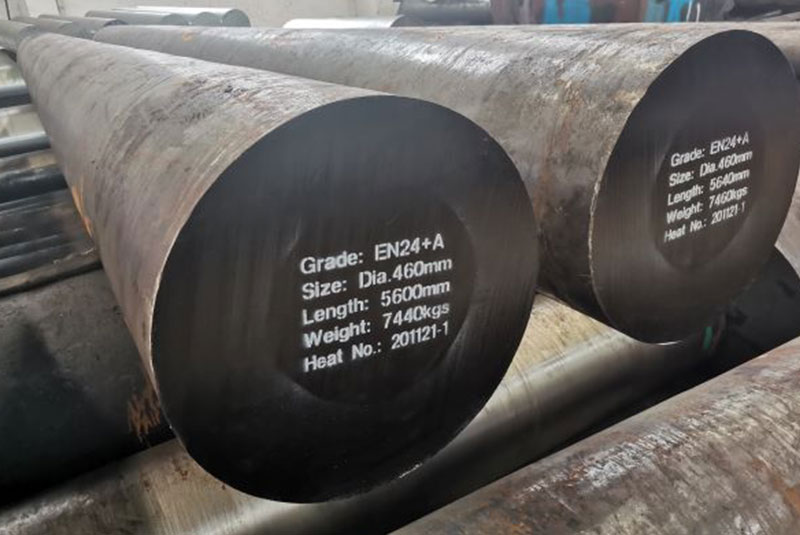
FAQ
| Question | Answer |
|---|---|
| Q: What is the difference between EN31 and EN32 steel? | A: Both EN31 and EN32 are chromium steel alloys used for bearings. The key difference lies in their carbon content. EN31 has a carbon content of 0.9% – 1.15%, while EN32 boasts a slightly higher range of 1.0% – 1.2%. This translates to slightly greater strength and wear resistance for EN32, but it may come at the expense of a bit lower machinability. |
| Q: Can EN31 steel be welded? | A: Welding EN31 steel is generally not recommended. The high heat input during welding can lead to grain coarsening and the formation of brittle phases in the heat-affected zone. This can significantly reduce the strength and toughness of the weldment. If welding is absolutely necessary, preheating and post-weld heat treatment procedures must be carefully implemented to minimize these negative effects. Consulting with a welding expert is highly advisable for such applications. |
| Q: What are some alternatives to EN31 steel? | A: The choice of alternative material depends on the specific application requirements. Here are some options to consider: For applications requiring even higher strength and wear resistance, alloy steels like SAE 52100 or AISI 42CrMo4 can be explored. For improved machinability while maintaining good wear resistance, carburizing grades like EN31B or nitrided EN31 variants might be suitable. In situations where corrosion resistance is a primary concern, stainless steel grades like AISI 440C or 17-4PH can be considered. |
| Q: How long do EN31 bearings typically last? | A: The lifespan of an EN31 bearing depends on various factors, including: Load conditions: Bearings subjected to higher loads will naturally wear out faster. Lubrication: Proper lubrication practices significantly extend bearing life. Operating environment: Contaminants like dirt or moisture can accelerate wear. Maintenance practices: Regular inspection and replacement when necessary are crucial. With proper design, selection, and maintenance, EN31 bearings can provide reliable service for many years. |
| Q: What are some environmental considerations for EN31 steel? | A: EN31 steel itself is recyclable. However, the manufacturing process can generate waste products that require proper disposal according to environmental regulations. It’s important to choose suppliers who prioritize sustainable practices throughout the steel production chain. |

